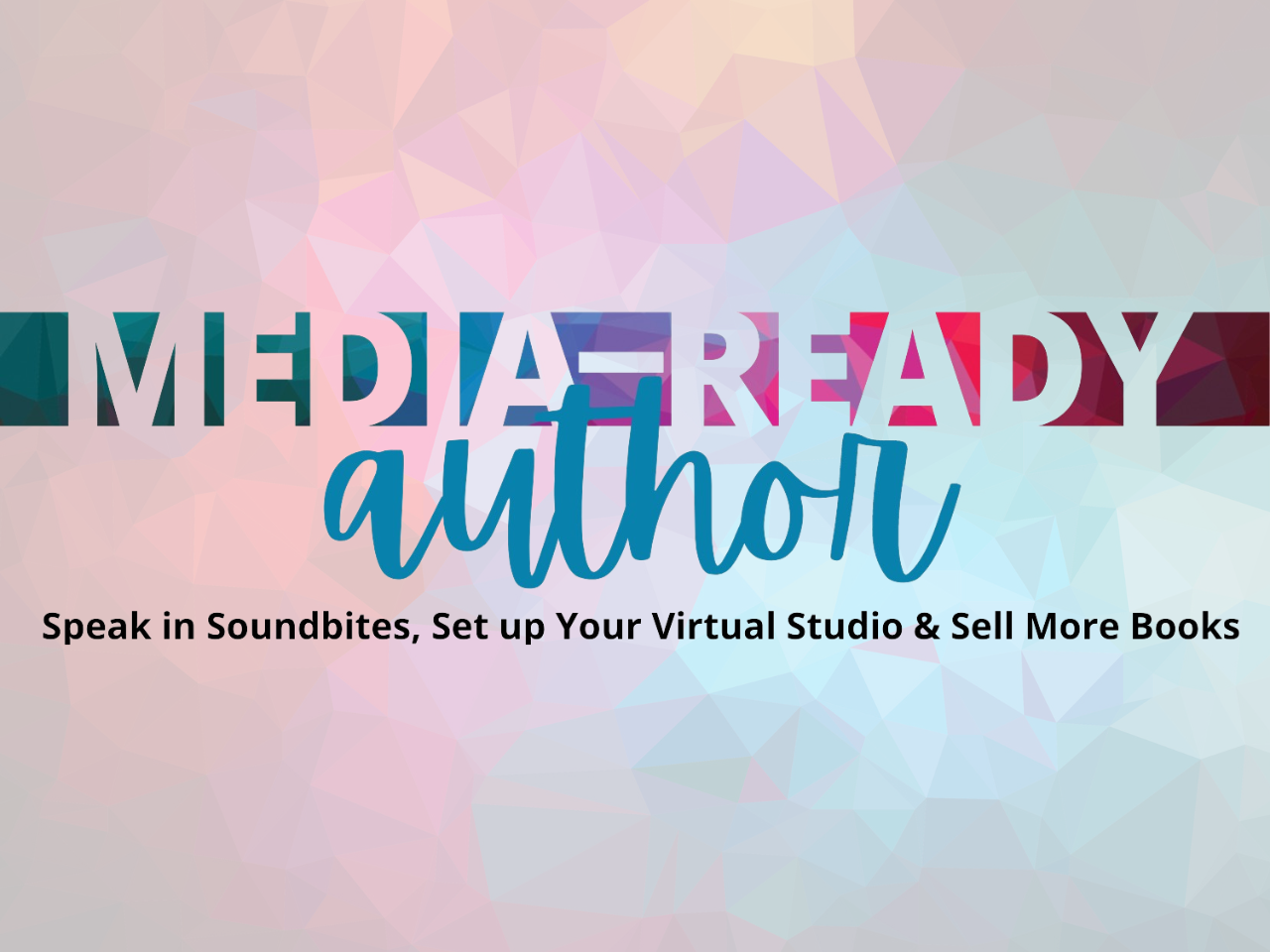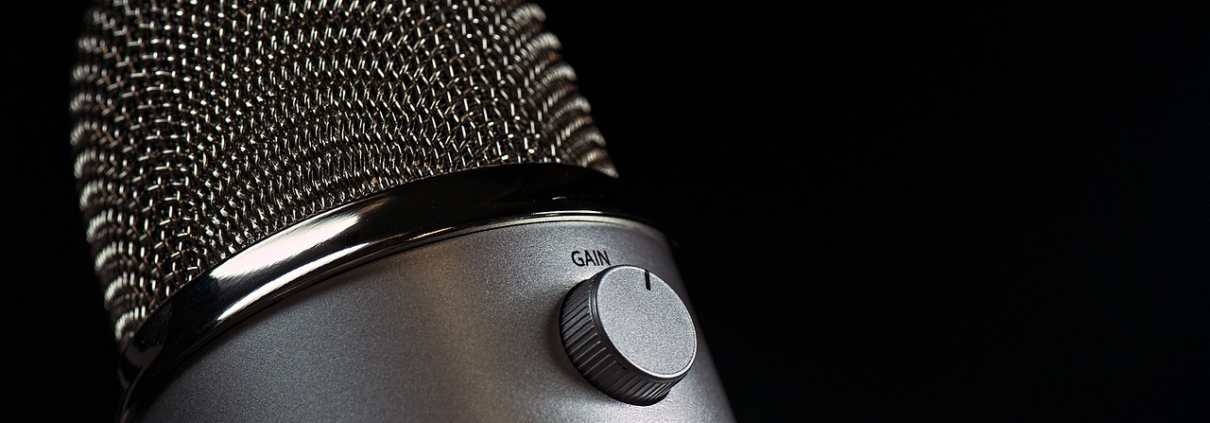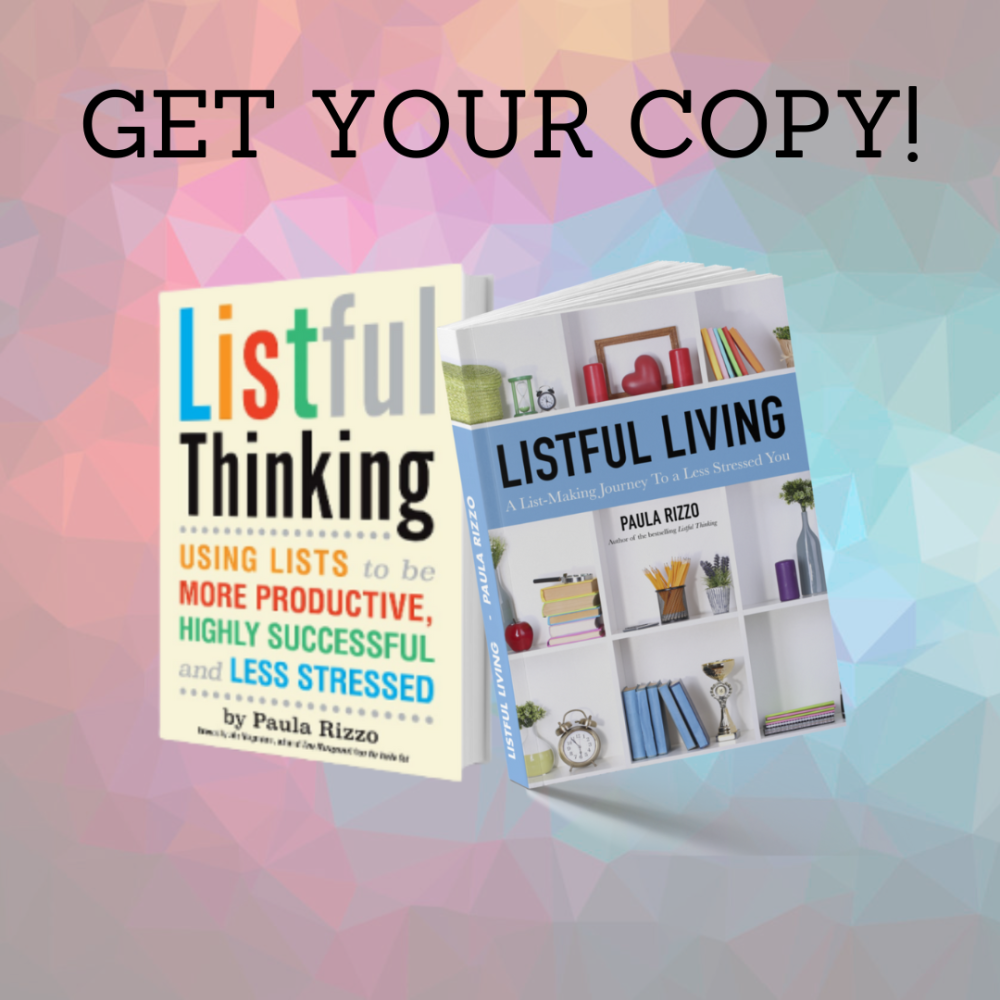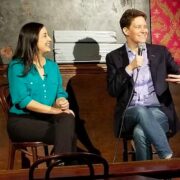5 Things Never To Say in An Interview
___
BONUS FREEBIE: I have a resource for you that will help you prepare to talk with media and audiences. It’s the 10 Questions Every Author Needs to Answer. You can grab the fiction and nonfiction lists here.
___
As an author, appearing in the media is a key opportunity to promote your book, share your insights, and connect with your audience. However, there are certain things you should avoid saying in an interview — these no-nos can derail your message or even alienate potential readers and fans.
When I work with clients on media training, there are a few things that always come up that I recommend authors stop saying right away.
Here are five things to stop saying in interviews (and what to say instead!).
___
1. “Thank you.”
Yep — this one comes as a shocker to most people. But saying “thank you” constantly is one of my biggest pet peeves.
It usually goes like this: the interviewer asks the expert a question, and the expert responds by saying something like, “Thank you for having me” or “Thank you for asking me that question.”
Agh! I always wish I could tell them to cut it out. It’s not a matter of being rude. I know we’re socialized to say “thank you” all the time, but it’s a bad habit when you’re appearing as an expert. We already know you’re thankful to be there — and talking about it is wasting precious time. You could be using that time to get your message across — a message that can help people.
TV news moves fast, don’t waste time!
What to say instead:
Smile. And then begin with a clear, concise answer right out of the gate.
You want to have a short, medium, and long answer ready to go (I call this the Accordion Method — you can read all about it here!).
Skip the thank you’s when you’re live on air — you can send your interviewers a real thank-you note after you’ve wrapped! No one ever does that and it will make you stand out!
___
___
2. “It’s in the book.”
I understand why authors say this during interviews. After all, it’s probably true that the answer to an interviewer’s question is in your book. And some authors feel like they’re giving too much away by sharing content in their book — but that’s exactly the opposite of what you’re doing.
You’re being interviewed to talk about what’s in your book, not just to point people at buying it if they want to learn from you. Don’t make this a big commercial. Give! Give! Give! Give them actionable and exciting information if you want them to engage with your message. That’s what actually leads to book sales.
What to say instead:
Give an informational answer with the knowledge your interviewer is asking you to share. You don’t have to spill all your tips or ideas, but your answer should provide real value to your audience! It should entice people to want to learn more. Remember, you want the audience, the readers, whoever to fall in love with you! When they do they will read whatever you’ve written or buy any program you create.
Media training for authors is all about learning how to communicate with confidence, clarity, and professionalism. For more tips, you can check out my course Media-Ready Author!
 3) “I think…”
3) “I think…”
Saying “I think” before you share your knowledge undermines your authority as an expert. And it’s also a filler phrase that people stick on the front of their sentences (and it’s time to kill filler words altogether!).
People already know that you think it… because you’re about to say it!
What to say instead:
Come out and share your message with power. Be decisive and stake your claim without any filler words at the beginning. That’s how you project confidence and expertise!
4. “I don’t think this book will be for everyone.”
While it’s important to be honest about your work, downplaying its appeal can make readers question whether it’s worth their time. Saying “I don’t think this book will be for everyone” can create a sense of doubt and make people feel like they should lower their expectations before even giving your book a chance.
Instead of building excitement, you’re inadvertently diminishing the book’s potential and making it seem less appealing to readers.
What to say instead:
A more positive approach is to frame the uniqueness of your work as a strength. For example, you could say, “This book touches on themes and topics that are important to me, and I hope it resonates with readers who are looking for something thought-provoking.”
5. “I don’t know”
It can be nerve-wracking when an interviewer asks you a question that’s outside of your area of expertise or knowledge. Challenging questions can throw off even the most seasoned expert.
And I hear people answer tough questions all the time by saying “I don’t know.” And each time I cringe. Saying “I don’t know” weakens your authority and takes attention away from all the important things you have to share with your audience.
What to say instead:
Pivot and take the conversation back to the knowledge you DO have. Redirect the line of questioning by returning to your talking points. For more ideas on how to handle unexpected questions, check out my article on this topic.
Remember, every interview is an opportunity to connect with your readers — so make the most of it by choosing your words wisely!
___
BONUS FREEBIE: Your message deserves the media’s attention. So how do you get out there in a bigger way? I’ve got you covered. CLICK HERE to grab my free “Checklist to Become a Go-To Media Expert.”
___











Leave a Reply
Want to join the discussion?Feel free to contribute!